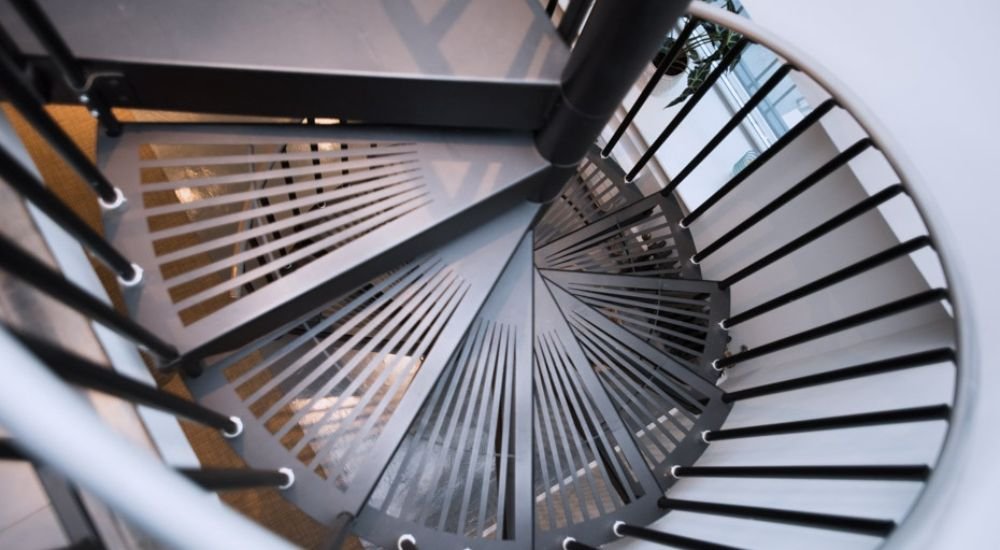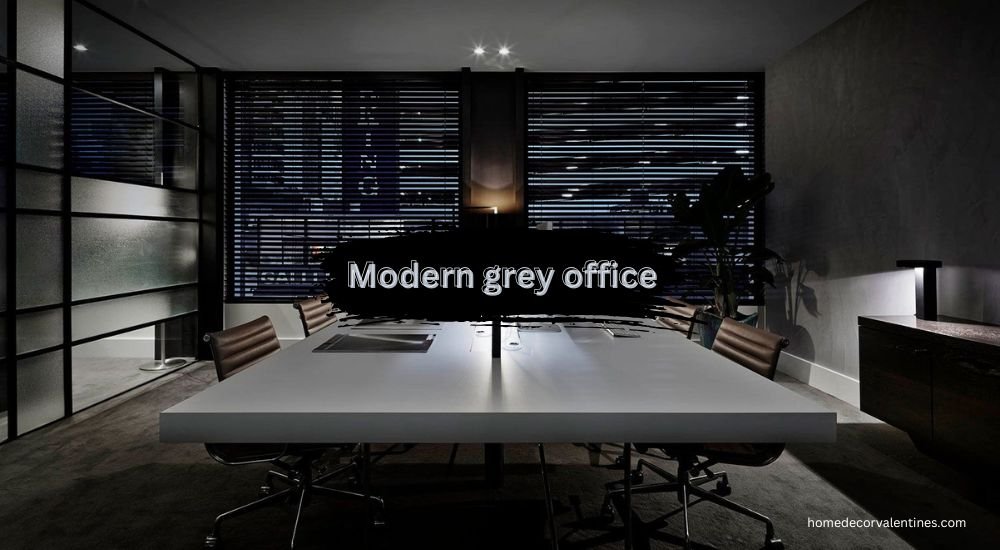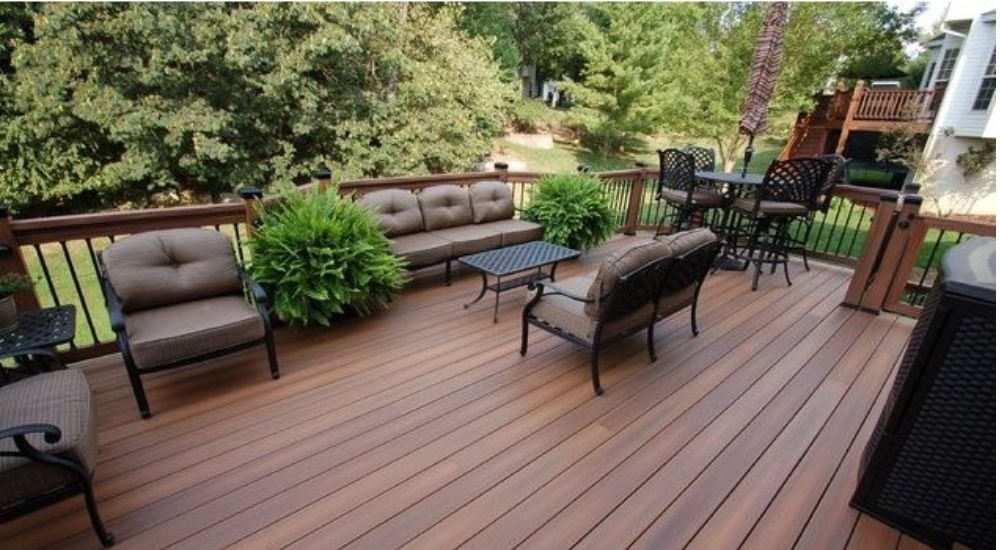Stairs and Home Value
When it comes to home design, stairs often play a crucial yet understated role. They are not just a functional element that connects different levels of your home but also a key architectural feature that can significantly impact the overall aesthetic. Whether you are renovating your home or building a new one, choosing the right staircase is essential. This article will guide you through everything you need to know about stairs and stairs shops, helping you make an informed decision for your next home project.
What is a Stairs Shop?
A stairs shop is a specialized retailer that focuses on selling various types of staircases and related components. These shops offer a wide range of options, from classic wooden stairs to modern glass designs, and they often provide custom solutions to meet specific design needs. The role of a stairs shop goes beyond just selling staircases; they are also a valuable resource for advice on design, materials, and installation.
Types of Stairs Available at a Stairs Shop
Straight stairs are the most common type of staircase, characterized by a straight, uninterrupted flight of stairs. They are simple, efficient, and fit well in most homes. Spiral stairs are a compact solution, perfect for small spaces. They wind around a central pole, making them a great choice for tight areas where a straight staircase would be impractical. Curved stairs add a touch of elegance and luxury to any home. Unlike spiral stairs, curved stairs do not have a central pole, and their gentle curve creates a grand, sweeping appearance. Floating stairs are a modern, minimalist option. These stairs are attached to the wall without visible support, giving the illusion that they are floating in the air.
Materials Used in Stair Construction
Wood is a classic material for stairs, offering warmth and natural beauty. It can be stained or painted to match any interior style. Metal stairs are durable and often used in industrial or modern designs. They can be crafted into intricate patterns or kept simple for a sleek look. Glass stairs are a bold, contemporary choice. They create an open, airy feel and are often used in modern, minimalist homes. Concrete stairs are incredibly durable and often used in outdoor or industrial settings. They can be left raw for a rugged look or polished for a more refined appearance.
Custom vs. Pre-made Stairs
Custom stairs are designed specifically for your space, allowing for complete control over the design, materials, and finish. This is ideal if you have a unique space or specific aesthetic in mind. Pre-made stairs are more affordable and quicker to install than custom stairs. They come in standard sizes and designs, making them a convenient option for many homeowners. Choosing between custom and pre-made stairs depends on your budget, timeline, and design preferences. Custom stairs offer more flexibility, but pre-made stairs are a cost-effective and time-saving option.
Importance of Safety in Stair Design
Handrails and guardrails are essential safety features in any staircase. They provide support and prevent falls, especially for young children and the elderly. The depth of each tread and the height of each riser are crucial for safe stair use. Proper measurements ensure that the stairs are comfortable to walk on and reduce the risk of tripping. Non-slip surfaces are particularly important for outdoor stairs or stairs in homes with young children or elderly residents. These surfaces reduce the likelihood of slips and falls.
Trends in Modern Stair Design
Minimalist stair designs focus on clean lines and simple forms. These stairs often feature materials like metal and glass and are popular in contemporary homes. Industrial-style stairs often incorporate raw materials like metal and concrete. This style is perfect for lofts and modern urban homes. With growing awareness of environmental issues, many homeowners are opting for stairs made from sustainable materials. Bamboo, recycled wood, and other eco-friendly options are becoming increasingly popular.
Choosing the Right Stair Shop
When choosing a stairs shop, look for a wide selection of products, knowledgeable staff, and good customer reviews. A reputable stairs shop will also offer design consultation services to help you choose the best staircase for your home. Before purchasing a staircase, ask about the materials used, the customization options available, and the installation process. It’s also important to inquire about warranties and after-sales support.
Cost Considerations
The cost of stairs can vary widely depending on the materials, design complexity, and whether they are custom-made or pre-made. Additional features like handrails, guardrails, and non-slip surfaces can also affect the price. When budgeting for a new staircase, include the cost of installation, which can vary depending on the complexity of the project. It’s also wise to set aside a contingency fund for any unexpected expenses.
The Installation Process
The installation process for stairs typically involves removing the old staircase, preparing the area, and then installing the new stairs. This can take anywhere from a few days to a couple of weeks, depending on the project’s complexity. The timeline for stair installation depends on whether you are installing a pre-made or custom staircase. Pre-made stairs can often be installed in a matter of days, while custom stairs may take several weeks.
Maintenance and Care of Your Stairs
Regular cleaning is essential to keep your stairs looking their best. Use appropriate cleaning products for the materials of your stairs, and make sure to clean the treads and handrails regularly. Common issues with stairs include creaking, loose handrails, and worn treads. Regular maintenance can prevent these problems from becoming serious and prolong the life of your staircase.
The Environmental Impact of Stair Materials
Choosing sustainable materials for your stairs, such as bamboo or reclaimed wood, can reduce your environmental footprint. These materials are renewable and often more eco-friendly than traditional options. If you are replacing an old staircase, consider recycling or reusing the materials. This can help reduce waste and lower the environmental impact of your renovation.
How Stairs Affect Your Home’s Value
A well-designed staircase can significantly boost your home’s resale value. Potential buyers often look for homes with modern, stylish stairs that complement the overall design of the property. Beyond functionality, stairs are a key aesthetic feature in your home. A beautiful staircase can become a focal point, enhancing the visual appeal of your interior.
Common Mistakes to Avoid When Buying Stairs
One common mistake is not considering the available space when choosing a staircase. It’s important to ensure that the staircase fits comfortably within your home’s layout. Building codes exist to ensure the safety of staircases. Ignoring these codes can result in unsafe stairs and costly fines or repairs. Safety should always be a priority when choosing a staircase. Make sure to include essential safety features like handrails, guardrails, and non-slip surfaces.
Conclusion
Choosing the right staircase is a crucial decision in any home renovation or construction project. From understanding the different types of stairs available to considering materials, safety, and cost, there are many factors to weigh. By visiting a reputable stairs shop and asking the right questions, you can find the perfect staircase that meets both your functional needs and aesthetic preferences. Whether you opt for a custom design or a pre-made solution, the right staircase can elevate the look and value of your home.
If you gained new insights from this article, explore our blog, Gimkit, for more enlightening content.














Post Comment